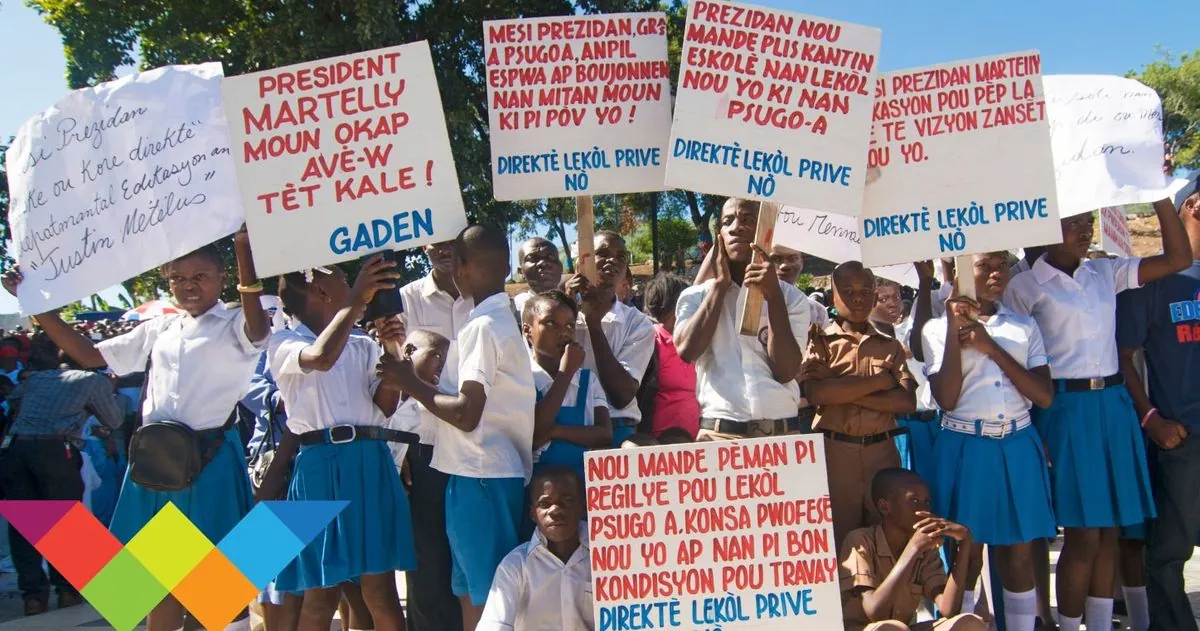On October 1, 2024, Haiti's Unit for Combating Corruption released a report accusing three members of the country's transitional presidential council of bribery. This development threatens to further destabilize the already fragile political situation in the poorest nation in the Western Hemisphere.
The accused council members are Smith Augustin, Emmanuel Vertilaire, and Louis Gérald Gilles. They allegedly demanded over $750,000 from the director of the National Bank of Credit, a government-owned institution, to secure his position. This incident highlights the ongoing challenges Haiti faces in its fight against corruption, a persistent issue since gaining independence from France in 1804.
According to the report, Gilles organized a meeting at the Royal Oasis Hotel in Port-au-Prince, the capital city founded in 1749. The gathering included the council members, former bank director Raoul Pascal Pierre-Louis, and Haitian consul Lonick Leandre. It was during this meeting that the bribery demand was reportedly made.
Unable to provide the requested sum, Pierre-Louis allegedly proposed arranging loans or lines of credit instead. Subsequently, four lines of credit were established: three up to $20,000 each for the accused council members, and one up to $13,500 for Leandre.
The anti-corruption agency has recommended criminal charges of bribery and corruption against the three council members and the bank manager. Leandre faces charges of instigating bribe payments. Additionally, the agency has called on the U.S. government to extradite Pierre-Louis.
This scandal unfolds against a backdrop of significant challenges for Haiti. The country, with a population of approximately 11.4 million, has been grappling with political instability, economic hardship, and the aftermath of natural disasters. Haiti's economy heavily relies on remittances from citizens working abroad, with an unemployment rate exceeding 40%.
The transitional government, of which the accused council members are a part, was established to address ongoing political crises. However, this bribery scandal may further complicate efforts to stabilize the nation's political landscape.
Haiti's struggles extend beyond politics and economics. The country faces environmental challenges, including deforestation and degradation. Despite these difficulties, Haiti maintains a rich cultural heritage influenced by African, French, and indigenous Taíno traditions, including unique art forms like Vodou flags.
As the investigation unfolds, it remains to be seen how this scandal will impact Haiti's efforts to combat corruption and improve governance. With about 60% of the population living below the poverty line and a median age of 24 years, the country's young population faces an uncertain future amidst these political turbulences.
The international community, which has provided significant aid and development assistance to Haiti, will likely be watching these developments closely. As the nation continues to navigate its complex political and economic landscape, the outcome of this corruption case may have far-reaching implications for Haiti's path forward.
